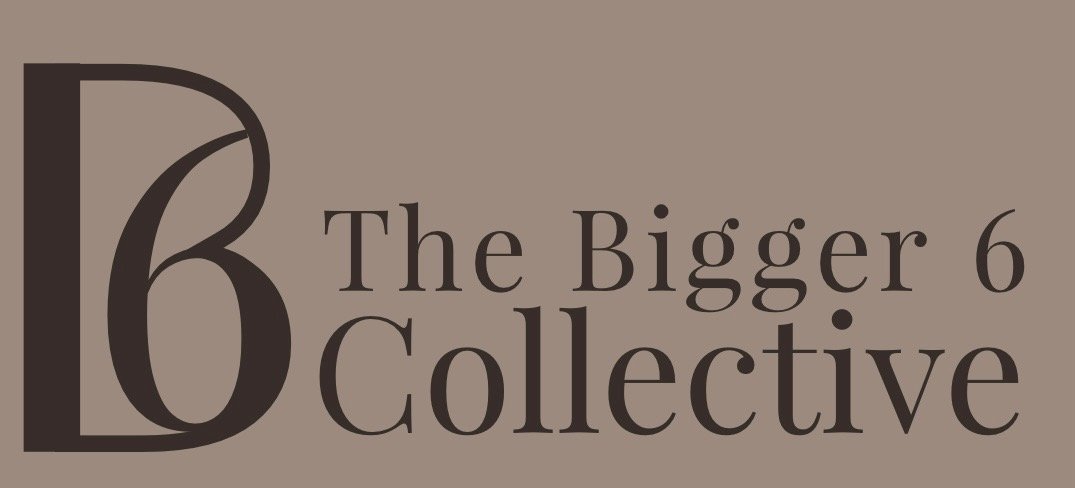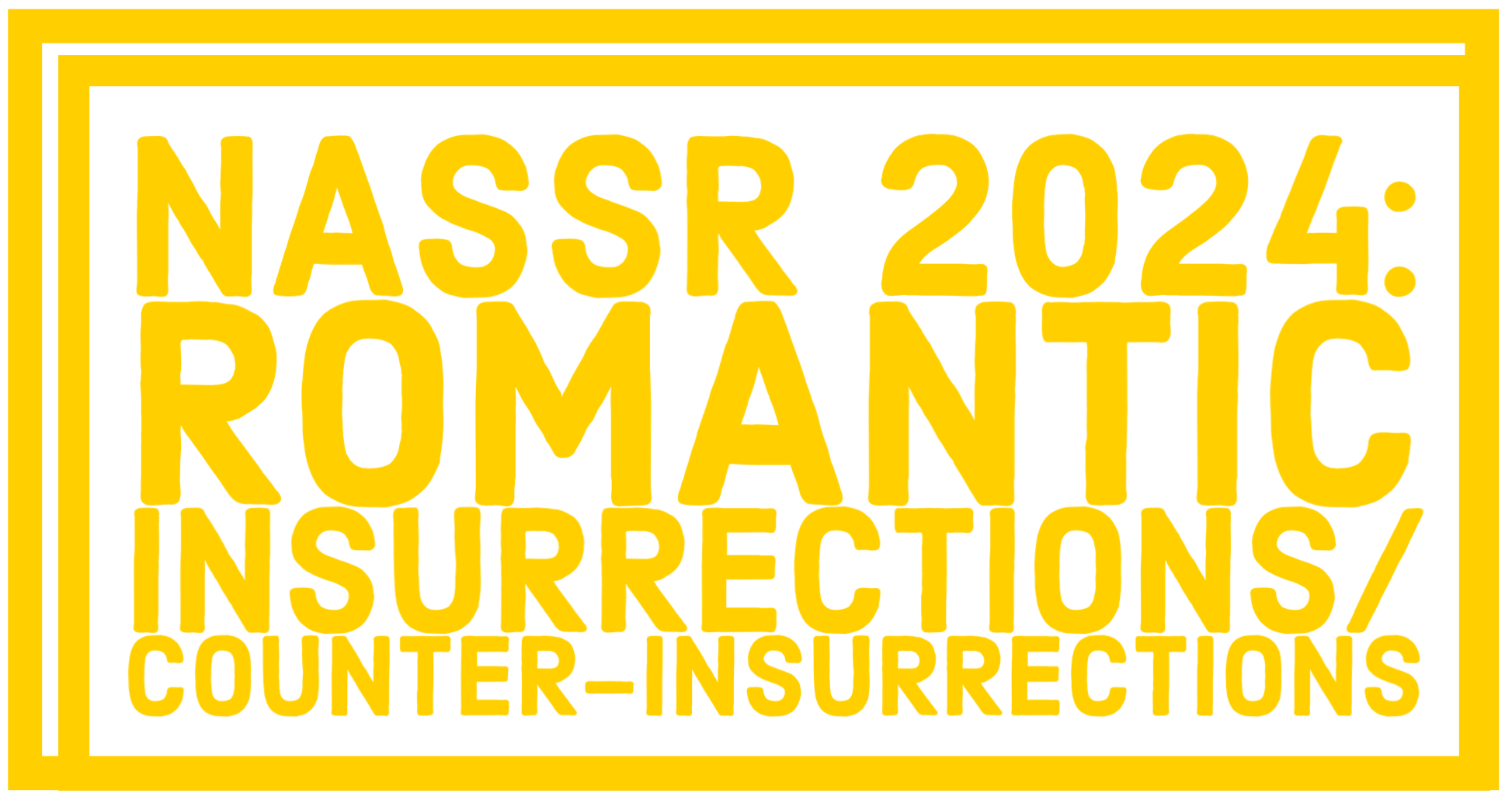Science, Medicine, Psychology Caucus
Pre-Conference Seminar: Subversive Science
Thursday, August 15, 9am - 3:30pm
This caucus-sponsored seminar explores the intersections of science and Romantic-era literature. Topics include cognitive science methods applied to literary analysis to investigate concepts such as the imagination, emotion, and identity; gothic materialism; labor and abstraction in the work of William Blake; Hegel’s and Schelling’s ideas about mind and matter; and scientific theories from the period. In preparation, registrants will receive six pre-circulated papers via email to read in advance. The seminar itself consists of three panel sessions. In each panel, two presenters briefly summarize their papers, followed by another brief presentation by a respondent, aimed at generating discussion among the registrants, presenters, and respondents. This interdisciplinary seminar allows scholars to engage in a dialogue around the intersections of science's empirical approaches with literature's more abstract territories of human consciousness and creativity. The mix of scholarly presentations and open discussion provides an opportunity for a wide-ranging examination of these overlapping fields.
9:00 – 9:30a Breakfast, Coffee, Tea
Introduction: Lisa Ann Robertson
9:30 – 10:45a Chair/Respondent: Joan Steigerwald (York U)
Presenters:
Tilottama Rajan: “Mind and Matter in Hegel and Schelling”
Richard C. Sha: “Affect, Narrative, and Emotive Identity in Coleridge and Leopardi”
11:00– 12:15a Chair/Respondent: Lisa Ann Robertson
Presenters:
Elizabeth Oldfather: "Visions Neither Real Nor Mine: Literary Imagination and the PRM Theory of Consciousness"
John Savarese: “Radical Antiquarianism and Gothic Materialism”
12:15– 1:45p Lunch
2:00 – 3:15p Chair/Respondent: Tim Fulford
Presenters:
Yoon Sun Lee and Kyung-Sook Shin: “Seeing, Labor, and Abstraction in Blake”
Noah Heringman: Working-Class Readers and Deep Time Stories in Hugh Miller’s The Old Red Sandstone
NASSR Seminars
Friday, August 16, 11:30am
NASSR Seminars will take place during the lunch hour on Friday, August 16. These seminars offer attendees the opportunity to work through a series of questions in a small-group setting. Readings for the seminars will be pre-circulated, and pre-registration for seminars is required at time of conference registration. Please list which seminars you’re interested in, and we will do our best to accommodate everyone.
Palestine in the 19th-Century Classroom (Seminar Leaders: Lennie Hanson and Suleiman Hodali): How can we begin to situate Palestine in our teaching today? Where do we begin this process given the historical silence on Palestine in 19th century studies and Romantic literary studies more specifically? What resources are available to us? This seminar seeks to orient us all in beginning to answer these questions. Drawing from recently published pedagogical and scholarly materials, we will prioritize the practical and political challenges we face today in grappling with the immense silence and repression around Palestine in the past and the present. The goal of the seminar will be to enable all participants to feel more confident in shaping their future courses and syllabi in a way that begins to familiarize students with the significance of Palestine to Romantic era literature and culture as well as the continuation of Romantic contexts like enclosure, dispossession, messianism, and settler colonialism today.
Aesthetics and Queer Historiography (Seminar Leaders: Dustin Friedman and Carrie Shanafelt): This seminar explores the historical relationship between sexuality and aesthetics, focusing on the extent to which art can offer insight into sexual dissidence in the past. We will consider whether aesthetic experience can facilitate deeper understandings of the queerness of different times and places, or if it merely hinders our ability to understand and appreciate erotic alterity. We will also examine how these very questions have a historical trajectory of their own, one that dates from the philosophical transformations of the late eighteenth and nineteenth centuries. Texts may include excerpts from Carrie Shanafelt’s Uncommon Sense: Jeremy Bentham, Queer Aesthetics, and the Politics of Taste (2022), Stefan Waldschmidt’s “Bentham, Pater, and the Aesthetics of Utilitarian Sex” (2016) and Walter Pater's essay on “Winckelmann” from his Studies in the History of the Renaissance (1874).
Markets, Big and Small (Seminar Leaders: Catie Peters and Kaneesha Parsard): This seminar convenes around the role of mercantilism, capitalist markets, and illicit economies in the global South, with an emphasis on how Caribbean peoples made and sustained social and political autonomy. As concepts, markets name shifting structures. As places, they are sites of intimacy, maneuver, and self-fashioning. Not only spaces of expropriation, exploitation, and underdevelopment, markets are also geographies that shape a new history of capitalism. Works under consideration may include Sylvia Wynter’s 1971 essay “Novel and History, Plot and Plantation,” selections of Michel-Rolph Trouillot’s historical ethnography Peasants and Capital (1988) and Andrew Liu’s Tea War: A History of Capitalism in China and India (2020), and the mixed-media art of Nari Ward (RE: Loan, 2018; Dearest One Invest in Dubai Properties, 2018-9). In gathering works from a variety of disciplinary locations, and which address the vicissitudes of markets over the longue durée, we aim to identify an interdisciplinary method for the study of these conflicting and contested forces.
Documenting Insurrectionist Voices: Life-Writing and African American Literary Theory (Seminar Leaders: Aaron Oforlea and DJ Lee): This seminar meets at the intersection of Romanticism and African American literary theory, focusing on the historical example of the Black Loyalists. These individuals, who were promised freedom in exchange for their loyalty to the British Crown, navigated the terrain of war and immigration as they sought emancipation and staged an insurrection. Black Loyalists used life-writing—personal narratives and letters—to document their experiences, challenging prevailing accounts of enslavement and advocating for their rights. The seminar, aimed at educator-scholars seeking to integrate this topic into their teaching and scholarship, will cover the historical and literary implications of the Black Loyalists. Using insights of Black feminist literary scholars, we will discuss how life-writing can provide a platform for insurgent voices, how it can serve as a powerful medium for engaging with the history of enslavement and its contemporary manifestations. Just as crucial, life-writing techniques can advance scholarship of the Romantic period. We will discuss a few key readings and incorporate a writing prompt to facilitate a deeper personal connection with the material, giving participants a chance to practice their own life-writing scholarship.
Interactive Workshop
Playing the Romantic: Integrating Games into the Classroom
Friday, August 16, 6:30 p.m.
This workshop led by Emily Kugler and Emily Friedman focuses on integrating games representing the Romantic Era into the classroom. Audience members will have the chance to play the video games, request actions in the video games, or take part in the TTRPG. Pre-registration is required. Games featured include:
Herald: An Interactive Period Drama (Wispfire, 2017), which follows a South Asian protagonist in an alternative 19th-c where the British Restoration did not happen.
The Wanderer: Frankenstein’s Creature (Arte, 2019), a brightly colored adaptation of Mary Shelley’s Frankenstein; or the Modern Prometheus (1818, 1831), from the Creature’s point of view.
Good Society (Storybrewers, 2019): A regency-inspired collaboratively-run roleplaying game that deals with questions of genre (epistolary, free indirect discourse, etc) as well as gender, sexuality and race.
Byron’s Marino Faliero Performed
Friday, August 16, 7:45 p.m.
Byron's highly influential play, Marino Faliero, will be performed by a professional company this evening--for the first time since the 1800s. The play has inspired acclaimed work by Eugene Delacroix, E.T.A. Hoffmann, Gaetano Donizetti, and Swinburne.
This will be an enhanced stage reading production, directed by Prof. Leslie Jacobson, who has chaired George Washington University's Theater and Dance Department. Prof. Jacobsen was also Founder and Director of the longest-running women's theater company in the U.S. (Horizons)--and has long taught courses in the field of "Theater for Social Change." In addition, she has produced and directed many productions that feature the South African theater company, "Bokamoso."
Following the production, there will be a short discussion, led by Prof. Jeff Cox and Prof. Peter Manning, who will both be presenting papers on the play on Sunday afternoon.
NASSR Performs! and Grad Student Mixer
Saturday, August 17, 8 p.m.
After a five-year hiatus, this annual evening of the NASSR conference celebrates the period literatures that we study through the art of reading aloud. It includes but is not limited to reciting a passage from memory, giving a musical performance, speaking a dramatic monologue or dialogue, performing an enacted scene, or presenting a creative adaptation. NASSR Performs! takes place in a convivial, informal atmosphere where all readings and participants are welcome. The event will take place on Saturday evening, and will be followed by a Graduate Student Mixer.

